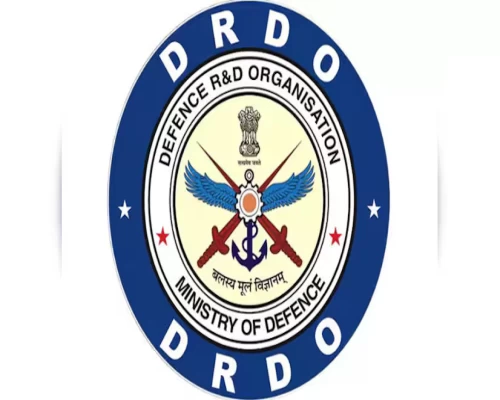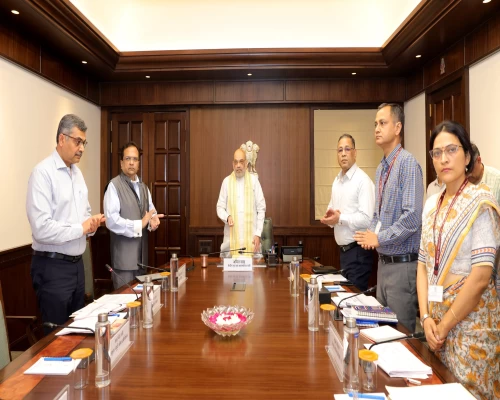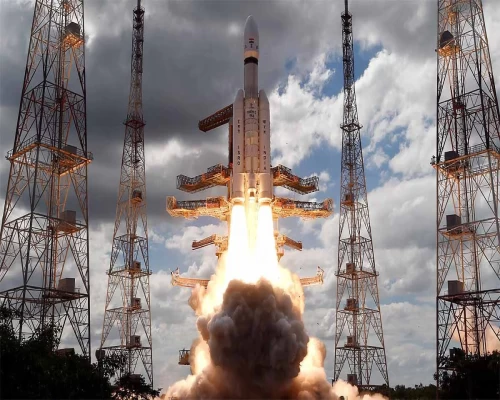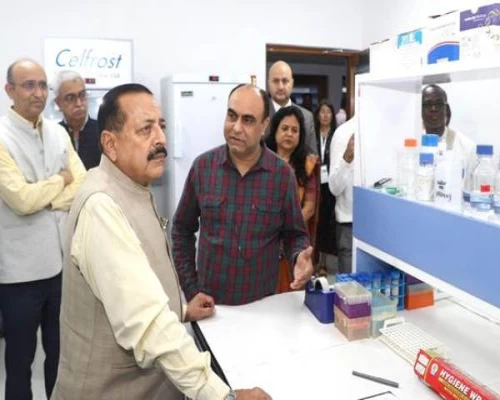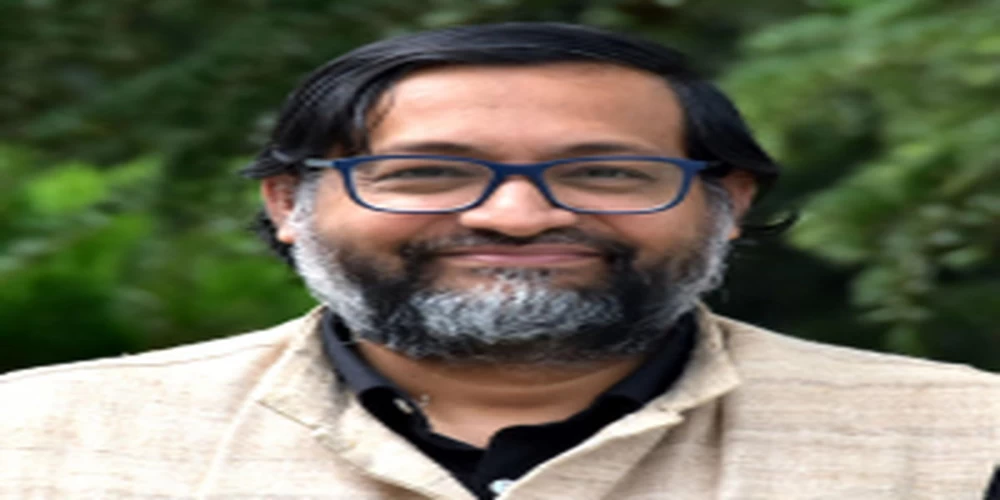
Thiruvananthapuram: After a gap of three years, the Indian Institute of Space Science and Technology (IIST) is set to get a full-time director. The Union Department of Space (DoS) has issued orders appointing astrophysicist Dipankar Banerjee as the new director of IIST.
Dr Banerjee has been heading the Aryabhatta Research Institute of Observational Sciences (ARIES), Nainital, since 2019. The Appointments Committee of the Union Cabinet (ACC) had cleared Dr Banerjee’s name for the IIST director’s post in July this year.
He is an astrophysicist with a bachelor’s degree in physics (St. Xavier’s college) and master’s degree in theoretical physics from University of Kolkata. He has obtained his PhD from Indian Institute of Astrophysics and completed two postdoctoral tenures in reputed institutions in Europe.
Dr Banerjee’s areas of interest are the Sun and the solar atmosphere. His work involves theoretical and numerical-modelling using data from ground and space-based instruments. His work has enriched our understanding of the Sun and its impact on Space Weather.
He is the co-chair of the Science working group of the “Aditya” mission. Aditya is the first dedicated Indian mission to study the Sun, expected to be launched by ISRO around 2022. He is also the project coordinator for the National Large-Solar Telescope Project (NLST). NLST is a proposed 2-meter ground-based telescope planned to be installed at a Himalayan site. He is also involved with NASA’s PUNCH mission.
Dr Banerjee has more than 120 peer-reviewed publications with around 3300 citations in international journals. He is currently supervising 6 PhD students while 11 of his previous students have completed their PhDs. /BI






